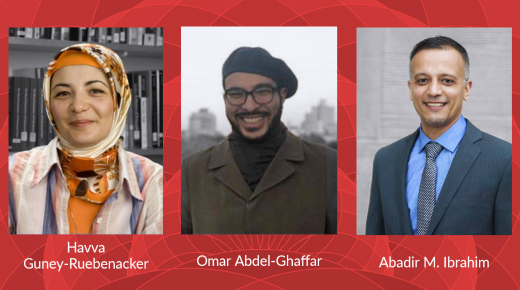Rethinking Slavery and Freedom in Islamic Law

A discussion exploring the varied historical and contemporary positions of Islamic law on slavery and how these positions interact with and influence broader Islamic conceptions of freedom.
Event Overview
On November 7 at 12:30pm in WCC 4059, join us for the discussion “Rethinking Slavery and Freedom in Islamic Law.” Lunch will be provided. The event is open to Harvard ID holders only.
Slavery, and what’s today called human trafficking or contemporary forms of slavery, has been or is commonplace in most countries. Islamic law, in addition to finding expression in the constitutional systems of most Muslim majority countries, informs the ethical and social values of about a quarter of the world’s population. Islamic law and ethics, or generally Islam can thus be expected to impact how Muslim communities make sense of social realities that are affected by historical and contemporary practices falling under the rubric of slavery. This panel will discuss varied historical and contemporary positions of Islamic law on slavery and how these positions interact with and influence broader Islamic conceptions of freedom.
Panelists:
Abadir M. Ibrahim is the Associate Director of the Human Rights Program at Harvard Law School. His current research focuses on African approaches to human rights which studies, among other things, the iteration and practice of human rights as impacted by Africa’s (post)colonial, religious and traditional heritages.
Havva Guney-Ruebenacker specializes in American family law, Islamic law and comparative law, and works as a lecturer at Harvard Law School, teaching comparative family law, and as a consultant and expert witness in divorce litigation matters involving spousal support, marital property and child custody issues.
Omar Abdel-Ghaffar (moderator) is a 1L at Harvard Law School and a G4 at the PhD program in History. His research focuses on Islamic law in the fourteenth century, examining the relationship between courts and peasants. He is also interested in the relationship between law, documentary practices, and social structures.
This event is organized by the Program on Law and Society in the Muslim World and the Human Rights Program and is co-sponsored by Religion and Public Life at the Harvard Divinity School.